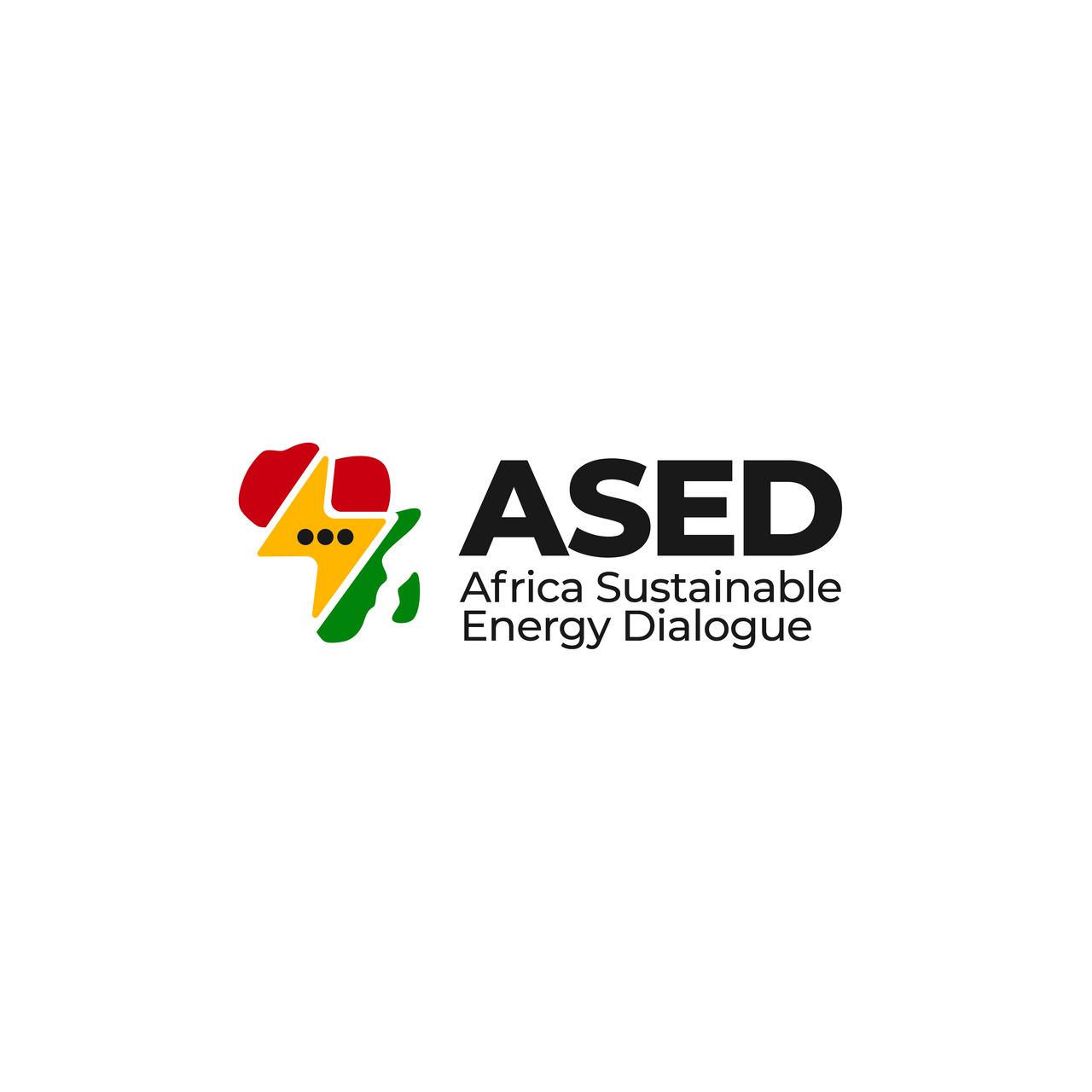ASEC hosts Africa Sustainable Energy Dialogue to address energy access crisis – Nsemkeka
The Africa Sustainable Energy Centre (ASEC) hosted its flagship event, the Africa Sustainable Energy Dialogue, aimed at advancing innovative solutions to bridge the continent’s persistent energy access gap.
The dialogue, which took place on Friday, May 16, was themed “Bridging Africa’s Energy Access Gap: Challenges, Innovations, and the Path Forward,” and aimed to confront the continent’s longstanding struggle with energy poverty, an issue that affects over 600 million Africans.
The dialogue brought together leading voices from across Africa’s energy landscape, sparking urgent and honest conversations about why energy access remains elusive for so many.
The Secretary-General of the African Petroleum Producers Organisation (APPO), Dr Omar Farouk Ibrahim, argued that leadership, not poverty, is the true obstacle.
- Read also: Africa’s energy crisis rooted in leadership failures, not poverty – Experts
“I think Africa’s biggest challenge is really visionary leadership. We lack visionary leadership, we lack political will, and that our quest to satisfy our immediate wants has always been primary in all the decisions and policies that we take,” he stated.
He added that although Africa produces enough energy resources, much of it is exported for foreign currency, leaving the majority of the population in the dark.
“75% of the oil that we produce is exported out of Africa, [and] 45% of the gas that we produce is also exported… If we are committed to making energy accessible to our people… everything else will fall in line.”
Dr Alfred Ofosu Ahenkorah, former Executive Secretary of the Ghana Energy Commission, emphasised the role of political leadership in improving energy access.
“The issue of access to energy to me is a matter of leadership… It is a government that has to do that,” he said, recounting Ghana’s own journey from 19% electrification in 1989 to over 87% today.
“It was a concerted effort… we had to bring in communities under what we call the Self Help Electrification Program,” he added.
Senior Project Manager at the African Development Bank (AfDB), Monique Motty, pointed to the deeper political and cultural systems as barriers to progress.
“If the leadership is lacking… then we have a deeper question to ask ourselves in terms of the political system in which we navigate… the energy barrier is just a symptom of a bigger problem,” she said.
On his part, the former Special Adviser to Nigeria’s President on Energy, Prof Abubakar Sani Sambo, framed the crisis as a “complex web” of interlinked issues.
“Limited financial capacity of both governments and consumers, outdated infrastructure, and regulatory uncertainty… are deeply interconnected,” he noted.
He highlighted the lack of sustainable financing models and weak public confidence due to frequent outages and poor service delivery.
The Board Chairman of United Bank of Africa-Ghana, Kweku Andoh Awotwi, linked the continent’s challenges to post-independence policies and misconceptions around electricity as a social good rather than a sustainable service.
“There’s been a balance between, is it a social service or is it a profit-making venture?” he said.
“We are understanding that the provision of electricity is less a social service and more of a need to be profit-making and sustainable, but that requires a certain amount of political will.”
He also noted that despite new opportunities such as decentralised solar power, many African countries have failed to integrate these solutions effectively due to poor sector solvency and weak regulatory commitment.
Sabrine Emran, Senior Energy Economist at the Policy Center for the New South, urged African countries to avoid one-size-fits-all models.
“Every African country has unique challenges. Morocco succeeded through focused financing strategies—but that may not work everywhere,” she said.
She also cautioned against unrealistic expectations from international donors. “We must remove the shame in using diverse energy sources. The goal is access, not ideological purity. We must power our economies before we green them.”

